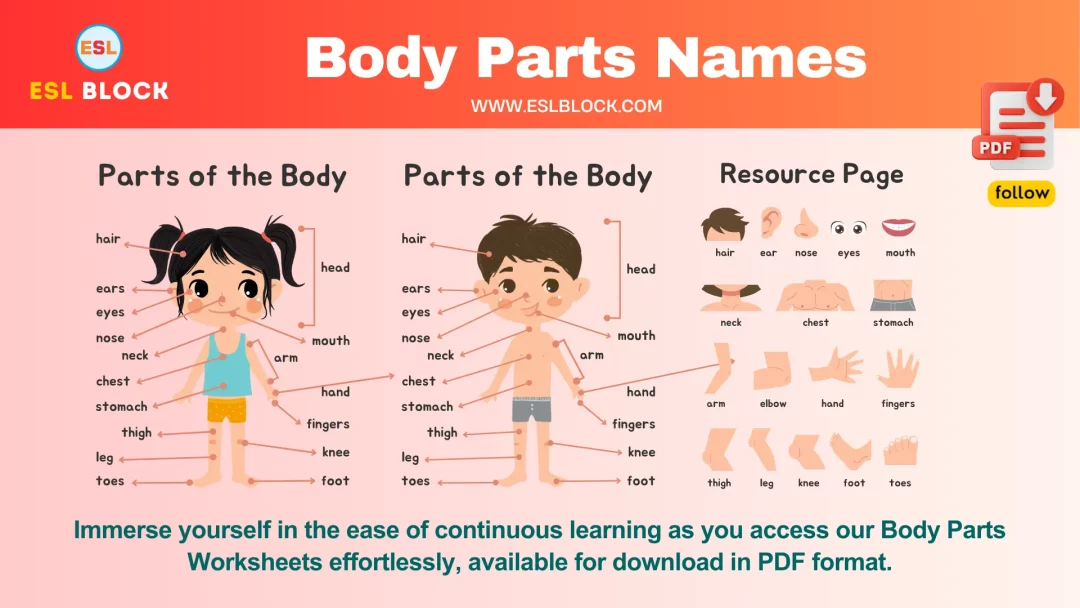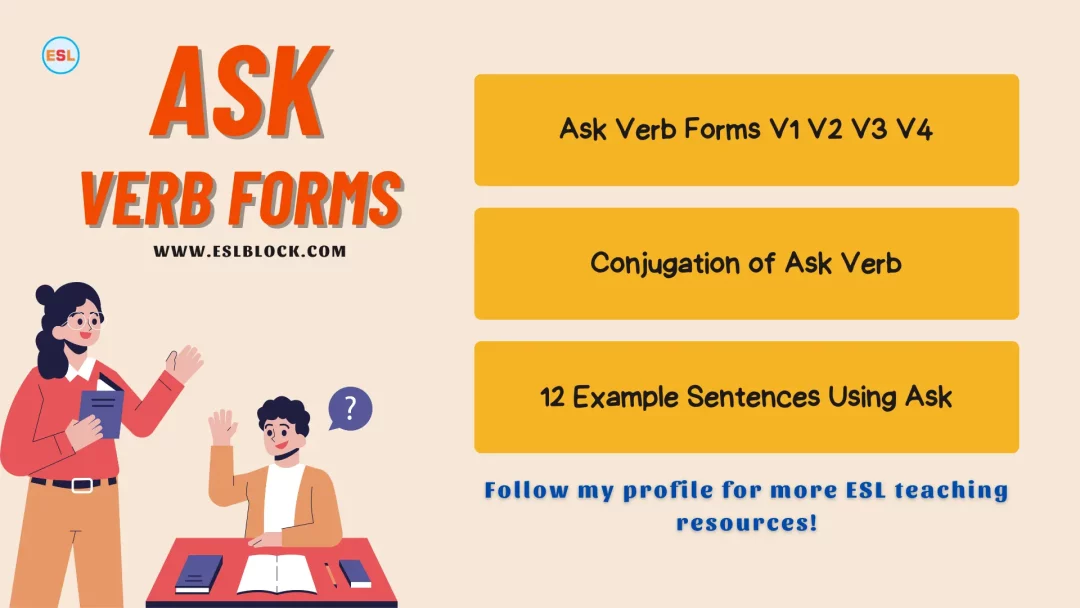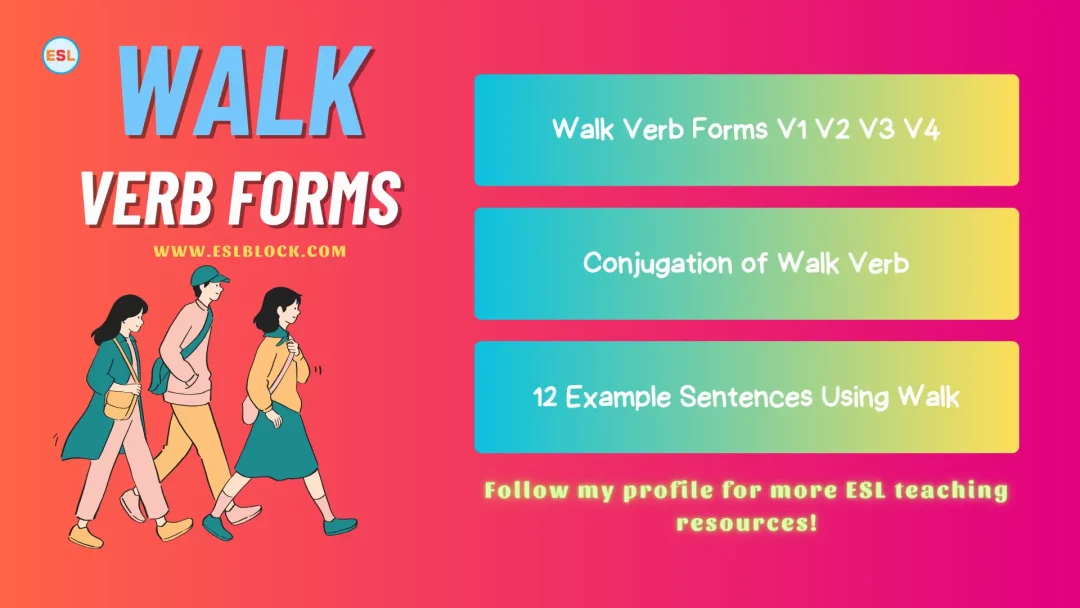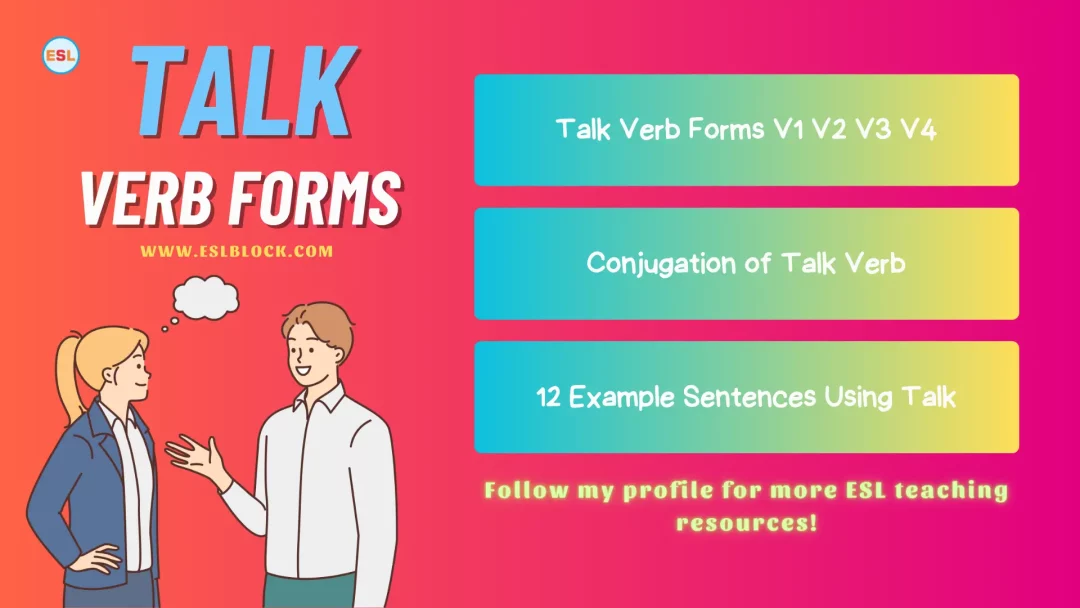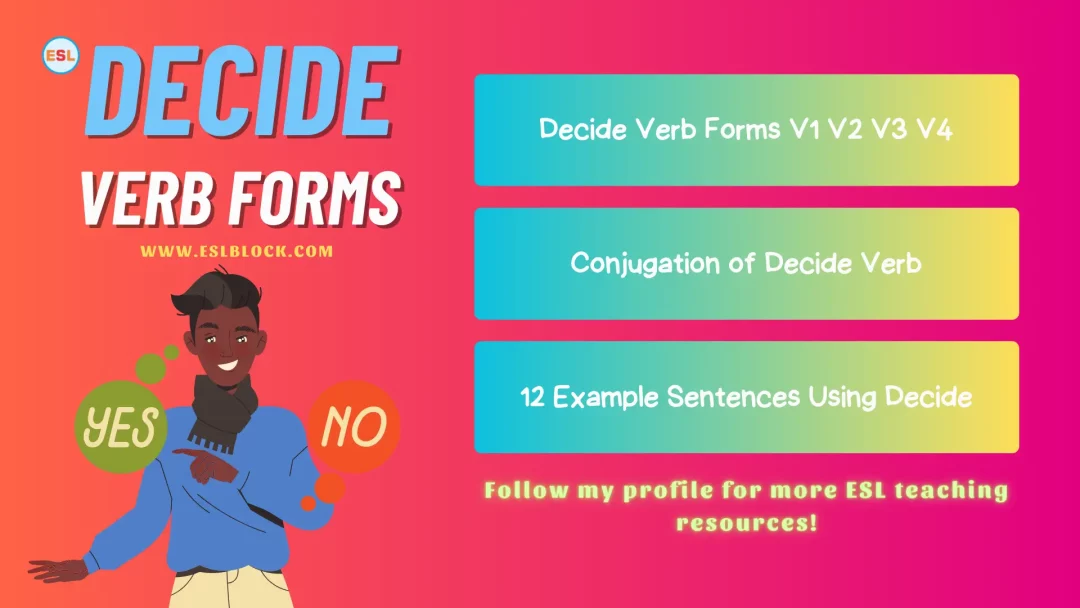Simple Past Tense Definition With Examples
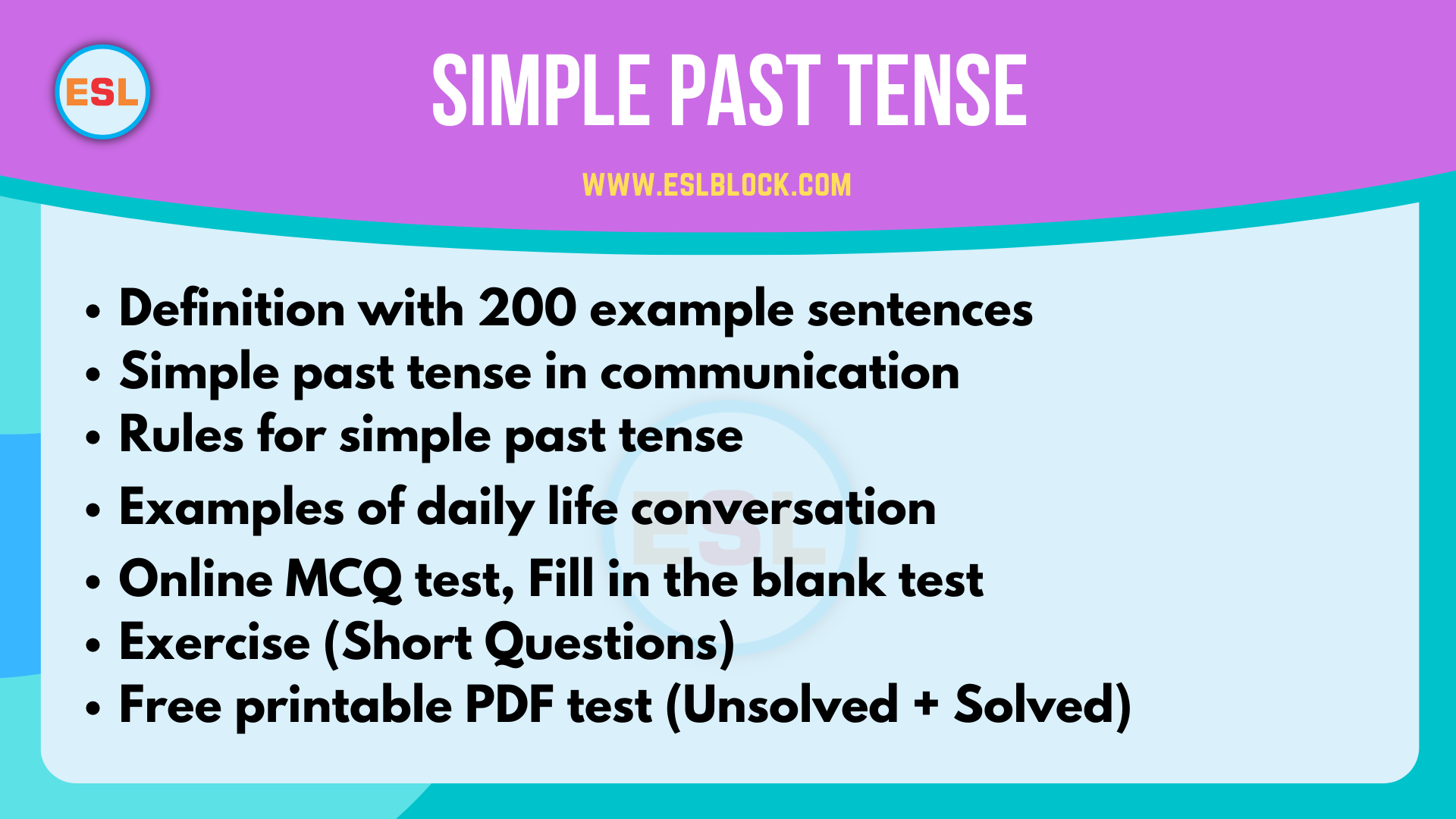
![]()
Simple past tense, also known as the past simple or preterite, is a verb tense used to indicate that an action has been completed in the past.
It is an important aspect of the English language and is commonly used in both written and spoken communication. The purpose of this blog post is to provide a comprehensive guide to understanding and using the simple past tense.
Simple past tense is formed by adding -ed to regular verbs or by changing the verb form for irregular verbs. This can include changing the verb entirely, such as with the verb “go” which becomes “went” in the simple past tense. Understanding and correctly using the simple past tense is crucial for effective communication in English.
The simple past tense is used to talk about past actions, habits, or routines. It is also used to describe a series of past events in a logical order. By understanding and using the simple past tense correctly, individuals can effectively convey information and ideas in both written and spoken English.
Read also: Personal Injury Lawyer Greenville NC
Additionally, the blog post aims to provide examples of the simple past tense in action and encourage practice and application in writing and conversation.
The main goal of this blog post is to equip readers with the knowledge and skills to effectively use the simple past tense in their communication, ultimately improving their overall proficiency in the English language.
Read also: Types of Sentences Worksheets
How to form Simple Past Tense?
Simple past tense can be formed by adding -ed to the base form of regular verbs. For example: “walk” becomes “walked,” “talk” becomes “talked,” “watch” becomes “watched.” Here are ten example sentences of forming the simple past tense with regular verbs:
- I walked to the store yesterday.
- She talked to her friends on the phone.
- He watched the movie last night.
- They cleaned the house on Saturday.
- We danced at the party.
- You studied for the exam.
- I played the guitar.
- She cooked dinner for us.
- He washed the car.
- They visited their grandparents.
Irregular Verbs Irregular verbs are verbs that do not follow the normal pattern of adding -ed to the base form. Some common irregular verbs include: “go” (went), “do” (did), “have” (had), “be” (was/were). Here is a list of 20 common irregular verbs and their past tense forms:
- go – went
- do – did
- have – had
- be – was/were
- say – said
- make – made
- know – knew
- think – thought
- take – took
- come – came
- see – saw
- hear – heard
- bring – brought
- fall – fell
- lead – led
- leave – left
- mean – meant
- pay – paid
- read – read
- run – ran
Here are ten example sentences of forming the simple past tense with irregular verbs:
- I went to the park yesterday
- She did her homework last night.
- He had a sandwich for lunch.
- They were at the beach all day.
- We said goodbye to our friends.
- You made a cake for your birthday.
- I knew the answer to the question.
- She thought about it for a long time.
- He took the dog for a walk.
- They came to the party late.
Rules for affirmative sentences
In affirmative sentences, the simple past tense is formed by using the past form of the verb. For example: “I walked to the store yesterday.” Here are ten example sentences in the simple past tense in affirmative form:
- She sang a song beautifully.
- He passed the test with flying colors.
- They had a great time at the party.
- We finished the project on time.
- You played the game very well.
- I wrote a letter to my friend.
- She traveled to Europe last summer.
- He loved the book very much.
- They spoke Spanish fluently.
- We watched the sunset at the beach.
Rules for negative sentences
In negative sentences, the simple past tense is formed by using “did not” or “didn’t” before the base form of the verb. For example: “I didn’t walk to the store yesterday.” Here are ten example sentences in the simple past tense in negative form:
- She didn’t sing a song beautifully.
- He didn’t pass the test.
- They didn’t have a great time at the party.
- We didn’t finish the project on time.
- You didn’t play the game very well.
- I didn’t write a letter to my friend.
- She didn’t travel to Europe last summer.
- He didn’t love the book very much.
- They didn’t speak Spanish fluently.
- We didn’t watch the sunset at the beach.
Rules for interrogative sentences
In interrogative sentences, the simple past tense is formed by using “did” before the subject and base form of the verb. For example: “Did I walk to the store yesterday?” Here are ten example sentences in the simple past tense in interrogative form:
- Did she sing a song beautifully?
- Did he pass the test?
- Did they have a great time at the party?
- Did we finish the project on time?
- Did you play the game very well?
- Did I write a letter to my friend?
- Did she travel to Europe last summer?
- Did he love the book very much?
- Did they speak Spanish fluently?
- Did we watch the sunset at the beach?
Uses of the Simple Past Tense
The simple past tense is used to indicate that an action was completed in the past. For example, “I walked to the store yesterday.” This use of the simple past tense allows individuals to communicate when a specific action occurred in the past.
To Talk About Past Habits or Routines
The simple past tense is also used to talk about past habits or routines. This can include actions that were regularly repeated in the past, such as “I walked my dog every day.” By using the simple past tense to talk about past habits or routines, individuals can effectively communicate past actions that were repetitive in nature.
To Describe a Series of Past Events
The simple past tense is often used to describe a series of past events in a logical order. For example, “I woke up, had breakfast, and went to work.” By using the simple past tense to describe a series of past events, individuals can effectively convey a sequence of actions that occurred in the past.
Short Paragraphs for using the Past Simple Tense
To indicate that an action was completed in the past: Yesterday, I walked to the store to buy some groceries. It was a nice day and I enjoyed the walk. The use of “walked” in the sentence indicates that the action of walking to the store has been completed in the past.
To talk about past habits or routines: When I was younger, I used to play the guitar every day. I loved playing and it was a big part of my life. The use of “used to play” in the sentence indicates that the action of playing the guitar was a regular habit in the speaker’s past.
To describe a series of past events: I had a busy day yesterday, I woke up early, went for a run, had breakfast, went to work, and came back home late. The use of simple past in “woke up,” “had,” “went” and “came” describes a series of past events that occurred in a logical order.
To indicate a finished action with a specific time: I finished reading the book last night. It was a great book and I couldn’t put it down. The use of “finished” in the sentence indicates that the action of finishing the book has been completed in the past and “last night” provides a specific time of when it was finished.
To describe a past state or condition: I was feeling really anxious yesterday. I couldn’t focus on anything and I couldn’t shake off the feeling. The use of “was feeling” in the sentence describes a state or condition that existed in the past, in this case, the speaker was feeling anxious.
Examples of Past Simple Tense in everyday situations
- I visited my grandparents last weekend.
- She didn’t call me back yesterday.
- He lost his keys on the way home.
- They went to the concert last night.
- We watched the game together on Sunday.
- You didn’t finish the project on time.
- I ate a sandwich for lunch.
- She walked to work this morning.
- He passed the exam with ease.
- They had a great time at the party.
- We finished the book last night.
- You played the guitar for the first time.
- I wrote a letter to my friend.
- She traveled to Europe last summer.
- He loved the movie very much.
- They spoke Spanish fluently.
- We watched the sunset at the beach.
- Did you go to the gym this morning?
- I didn’t see the movie last night.
- She slept well last night.
- He studied hard for the test.
- They cleaned the house on Saturday.
- We danced at the party.
- You ran a marathon last month.
- I made a cake for my birthday.
- She took the dog for a walk.
- He came to the party late.
- They read the book last week.
- We went to the park yesterday.
- You did your homework last night.
- I had a sandwich for lunch.
- She was at the beach all day.
- He said goodbye to his friends.
- They made a cake for their birthday.
- We knew the answer to the question.
- You thought about it for a long time.
- I took the dog for a walk.
- She came to the party late.
- He read the book last week.
- They went to the park yesterday.
- We did our homework last night.
- You had a sandwich for lunch.
- I was at the beach all day.
- She said goodbye to her friends.
- He made a cake for his birthday.
- They knew the answer to the question.
- We thought about it for a long time.
- You took the dog for a walk.
- I came to the party late.
- She read the book last week.
- He went to the park yesterday.
- They did their homework last night.
- We had a sandwich for lunch.
- You were at the beach all day.
- I said goodbye to my friends.
- She made a cake for her birthday.
- He knew the answer to the question.
- They thought about it for a long time.
- We took the dog for a walk.
- You came to the party late.
- I read the book last week.
- She went to the park yesterday.
- He did his homework last night.
- They had a sandwich for lunch.
- We were at the beach all day.
- You said goodbye to your friends.
- I made a cake for my birthday.
- She took the dog for a walk.
- He came to the party late.
- They read the book last week.
- We went to the park yesterday.
- You did your homework last night.
- I had a sandwich for lunch.
- She was feeling ill yesterday.
- He didn’t like the restaurant.
- They played soccer in the park.
- We finished the project ahead of schedule.
- You didn’t understand the lesson.
- I went to the concert with my friends.
- She took a nap in the afternoon.
- He studied for the exam all night.
- They went on vacation last month.
- We had dinner at a fancy restaurant.
- You didn’t catch the train on time.
- I watched the news on TV.
- She walked her dog in the morning.
- He went to the gym every day.
- They won the game last night.
- We went to the museum last weekend.
- You didn’t get enough sleep last night.
- I took a shower before bed.
- She went to the store to buy groceries.
- He had a meeting with his boss.
- They rode their bikes to the park.
- We went to the movies on Friday.
- You didn’t remember to set the alarm.
- I cooked dinner for my family.
- She listened to music on her way to work.
- He took the bus to school every day.
- They had a picnic in the park.
Common Mistakes to Avoid
Using “did” instead of the past tense form of the verb: Many learners make the mistake of using “did” instead of the past tense form of the verb. For example, “I did went to the store” instead of “I went to the store.” To avoid this mistake, it’s important to understand the regular and irregular verb forms of the past tense and use them correctly.
Confusing past participles with past tense forms: Another common mistake is confusing past participles with past tense forms. For example, using “I have went” instead of “I have gone.” It’s important to understand the difference between past participles and past tense forms and use them correctly in sentences.
Mixing up irregular verb forms: A common mistake is mixing up irregular verb forms. For example, using “I brang my books” instead of “I brought my books.” To avoid this mistake, it’s important to memorize the past tense forms of common irregular verbs and practice using them correctly in sentences.
Use of past simple tense in daily conversation
In this conversation, the past simple tense is used to talk about actions and events that occurred in the past over the weekend, such as “went to the beach” and “played in the water” and “went hiking,” and to ask about these events “Did you do anything else over the weekend?” and “Did you have a good time hiking?”
Person 1: Hey, how was your weekend?
Person 2: It was great! I went to the beach with my family on Saturday.
Person 1: That sounds like fun. What did you do at the beach?
Person 2: We played in the water, built sandcastles, and had a picnic. It was really nice.
Person 1: I’m glad you had a good time. Did you do anything else over the weekend?
Person 2: Yeah, on Sunday I went hiking with my friends. We went to a nearby trail and it was beautiful.
Person 1: That sounds like a great way to spend the weekend. Did you take any pictures?
Person 2: Yeah, I took a lot of pictures. I’ll show them to you later.
Person 1: I’d love to see them. Did you have a good time hiking?
Person 2: Yeah, I did. It was great to be out in nature and get some exercise.
Person 1: I’m glad you enjoyed yourself. Well, have a good day at work!
Person 2: Thanks, you too!
Questions and answers about past simple tense
- What is the past simple tense?
- The past simple tense is a grammatical tense used to indicate that an action was completed in the past.
- How is the past simple tense formed for regular verbs?
- The past simple tense for regular verbs is formed by adding “-ed” to the base form of the verb. For example, “walk” becomes “walked.”
- How is the past simple tense formed for irregular verbs?
- The past simple tense for irregular verbs is formed differently for each verb. It’s important to memorize the past tense forms of common irregular verbs and practice using them correctly in sentences.
- What are some common mistakes to avoid when using the past simple tense?
- Common mistakes to avoid include using “did” instead of the past tense form of the verb, confusing past participles with past tense forms, and mixing up irregular verb forms.
- How can I practice using the past simple tense?
- Practice using the past simple tense by writing sentences, short paragraphs or compositions, and speaking with a native speaker or a language partner. Additionally, language classes or language exchange programs can provide additional opportunities for practice and feedback.
Fill in the blank questions about past simple tense
- Yesterday, I _____ (walk/walked) to the park.
- We _____ (watch/watched) a movie last night.
- He _____ (study/studied) for the exam all weekend.
- She _____ (cook/cooked) dinner for her family.
- They _____ (visit/visited) their grandparents last month.
- I _____ (read/readed) a book on the train.
- We _____ (play/played) soccer in the park.
- He _____ (go/went) to the gym every day.
- She _____ (write/wrote) a letter to her friend.
- They _____ (travel/traveled) to Japan last year.
Answer:
- Yesterday, I walked to the park.
- We watched a movie last night.
- He studied for the exam all weekend.
- She cooked dinner for her family.
- They visited their grandparents last month.
- I read a book on the train.
- We played soccer in the park.
- He went to the gym every day.
- She wrote a letter to her friend.
- They traveled to Japan last year.
Conclusion
The simple past tense is used to indicate that an action was completed in the past. It can also be used to talk about past habits or routines, describe a series of past events, indicate a finished action with a specific time and describe a past state or condition. It’s important to understand the regular and irregular verb forms of the past tense and use them correctly, avoid common mistakes such as using “did” instead of the past tense form of the verb, confusing past participles with past tense forms, and mixing up irregular verb forms.
Encouragement to Practice It’s important to practice using the simple past tense in writing and conversation to improve proficiency. This can be done through writing sentences, short paragraphs, or even short compositions, and speaking with a native speaker or a language partner. The more you practice, the more comfortable and accurate you will become in using the simple past tense.
Additional Resources For further study, there are many resources available online such as grammar books, websites, and apps that focus on the simple past tense and its various uses and forms. Additionally, language classes or language exchange programs can provide additional opportunities for practice and feedback.
If you have enjoyed “simple past tense,” I would be very thankful if you’d help spread it by emailing it to your friends or sharing it on Twitter, Instagram, Pinterest, or Facebook. Thank you!
With ESLBLOCK, you will study with new ideas. If you doubt the qualities of the simple past tense, reach us through our blog’s comment section. Keep checking back! We’ll do our best to give you feedback as soon as possible. Thank you!
Related Articles
Here are some more lists for you!
- List of Fish: Types of Fish with Interesting Facts and Pictures
- List of Mollusks | Types of Mollusks with Interesting Facts
- List Of Farm Animals: Different Types of Farm Animals
- Shellfish | List of Shellfish with Interesting Facts

